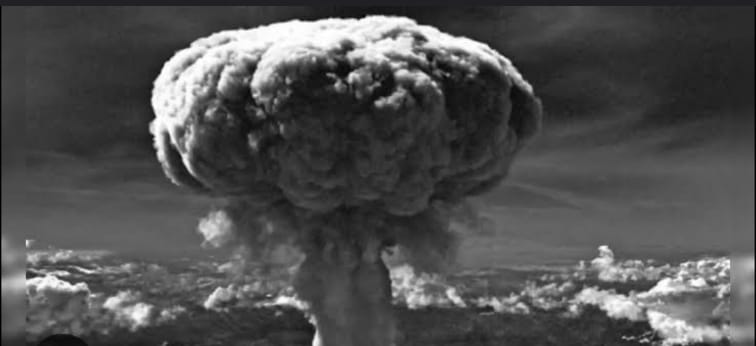HIROSHIMA DAY : REMEMBERING THE PAST, SHAPING A PEACEFUL FUTURE
By Anshika Khera

August 6th is observed globally as Hiroshima Day, a solemn reminder of the devastating consequences of nuclear warfare. On this day in 1945, during the final stages of World War II, the United States dropped an atomic bomb named “Little Boy” on the Japanese city of Hiroshima. The bombing marked the first time in human history that nuclear weapons were used in warfare, killing over 140,000 people by the end of the year due to the explosion and radiation effects.
At 8:15 a.m., the skies over Hiroshima were clear. The bomb exploded about 600 meters above the city, instantly flattening nearly 70% of its buildings and killing tens of thousands. Many died immediately, while others succumbed to burns, radiation sickness, and related illnesses in the following weeks and months. Three days later, on August 9th, another atomic bomb was dropped on Nagasaki, leading to Japan’s surrender on August 15, 1945.
Hiroshima Day is not only about remembering the victims of the atomic bombings, but also about educating future generations on the horrors of war and the urgent need for global peace and nuclear disarmament. It is a day of reflection, mourning, and a collective call to ensure that such a tragedy is never repeated.
Hiroshima Day is more than just a historical remembrance—it is a moral responsibility. It challenges us to confront the dark consequences of warfare and to strive tirelessly for a peaceful world. As global tensions and nuclear threats persist, the message of Hiroshima remains as urgent as ever: Never Again.
